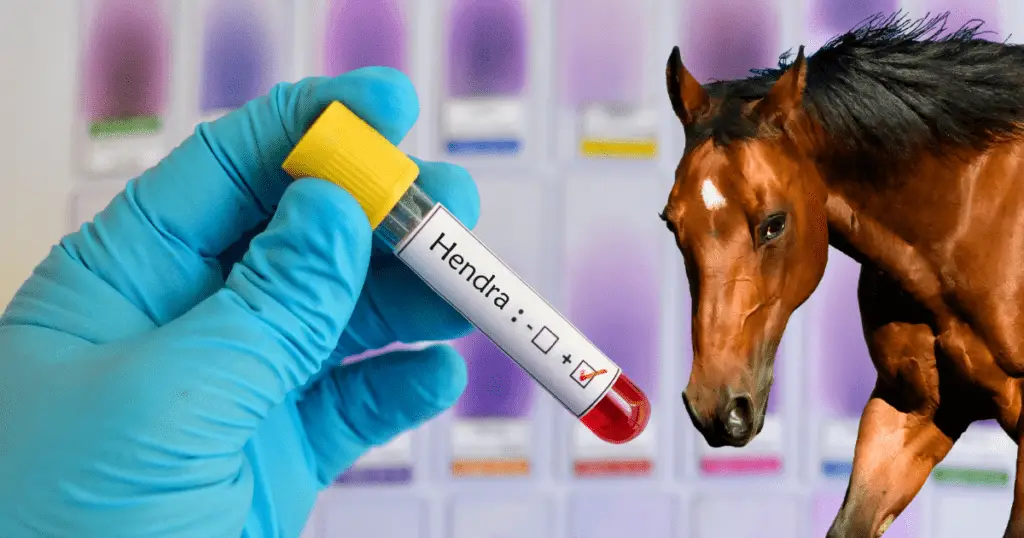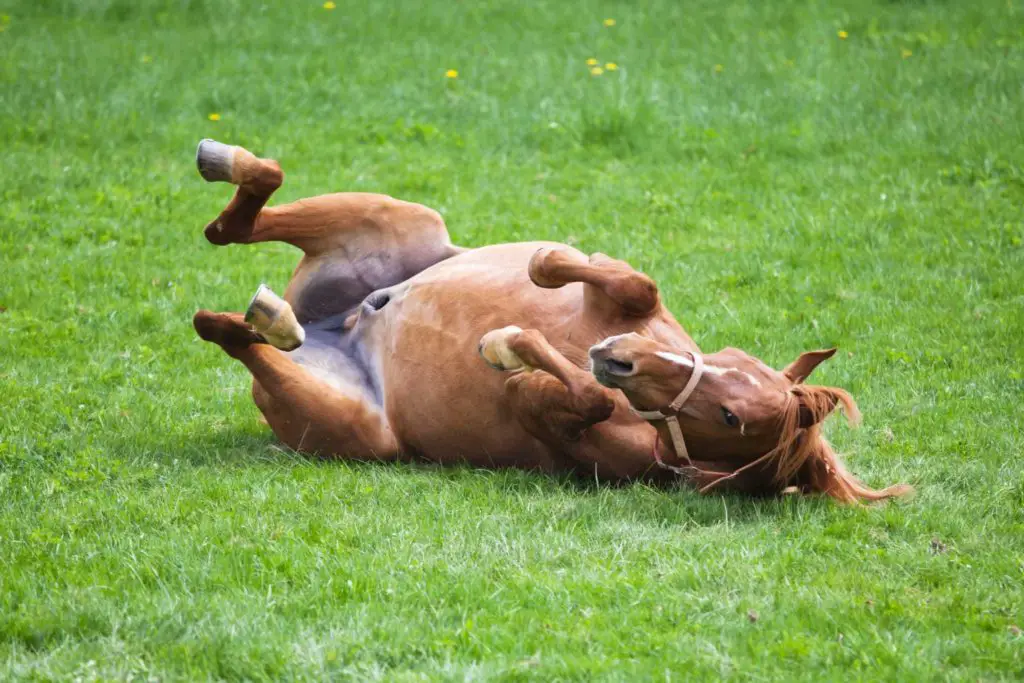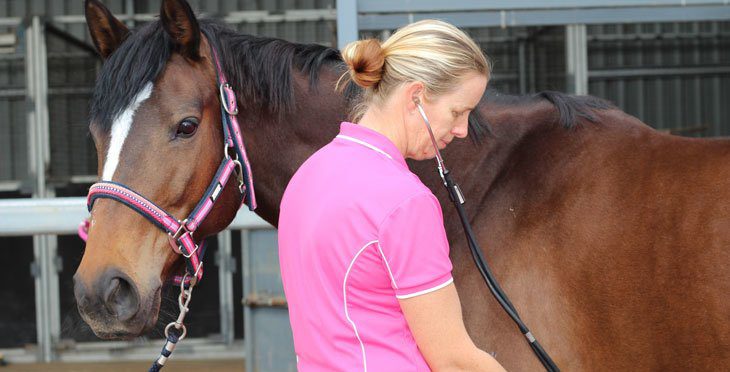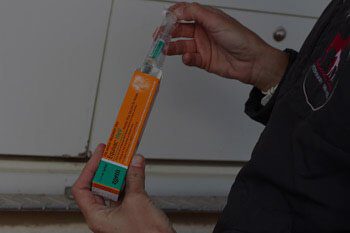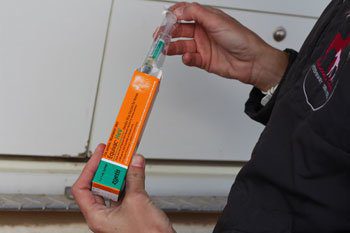What is Hendra Virus and why vaccinate?
Since its discovery in 1994, the Hendra Virus has caused much controversy. Despite any personal stance on vaccination, the deadly consequences of the Hendra Virus remain the same. In this article, we discuss the importance of vaccinating your horse against the Hendra Virus. A highly infectious disease, Hendra Virus is carried by flying foxes — predominately in Queensland and northern New South Wales — and spreads from flying fox to horse, horse to horse, and horse to human with a significant mortality rate. Hendra Virus has resulted in a 75% mortality rate in horses and a 57% mortality rate in humans. Unfortunately, due to its high biosecurity risk, any horse with Hendra Virus is required to be humanely euthanized. As such, the actual mortality rate for horses with Hendra Virus is 100%. Signs of Hendra Virus The common symptoms of Hendra Virus are very similar to a sudden colic episode. Therefore, Hendra Virus may be suspected in any horse unvaccinated against the disease and showing one or more of these symptoms: Treating Hendra Virus Strict hygiene and quarantine are the only safeguards to protect you, your loved ones, and anyone else who comes into contact with an infected horse. The horse must be immediately separated from others and personal protective equipment must be worn at all times for your safety. Any treating veterinarian is also required to adhere to these procedures. However, it’s not uncommon for a veterinarian to refuse to examine a suspected infected horse. Sadly, if Hendra Virus is found following examination, euthanasia is the only option to prevent its spread. Preventing Hendra Virus in the first place is possible with vaccination. Preventing Hendra Virus If your horse is unvaccinated against the Hendra Virus, you should follow the below schedule to give them the full benefits of immunity: 3-6 week interval 6 month interval 12 month interval Also Read: What are the common signs of Hendra Virus infection in horses and humans? Why is Hendra Virus a concern for Australian horse owners? Can my horse receive routine veterinary procedures without Hendra vaccination? My horse has colic symptoms. Could it be Hendra Virus?

